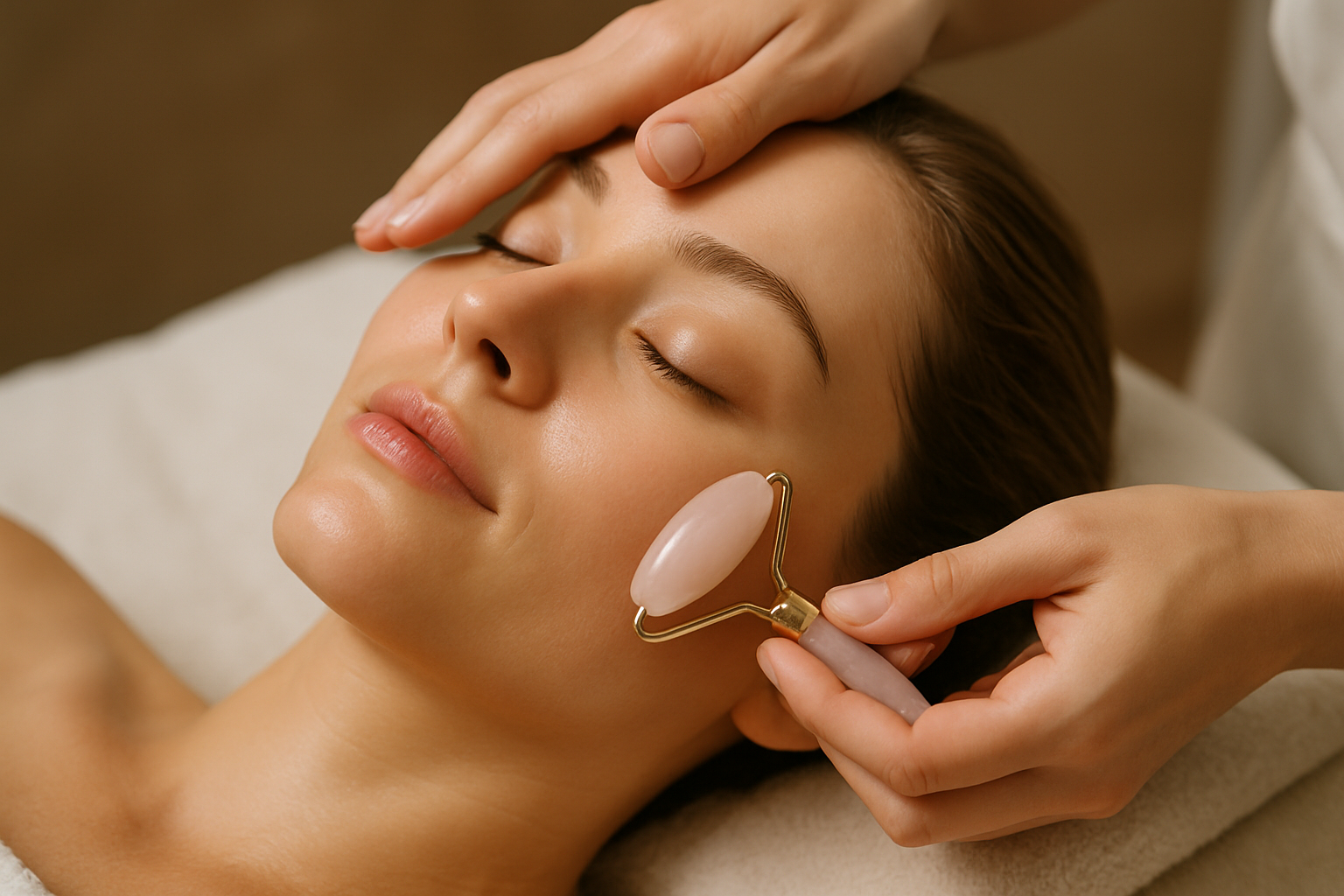The Power of Plant-Based Beauty: A New Era of Natural Products
The beauty and fitness industry is always evolving. One trend that has recently gained traction is the use of plant-based beauty products. This shift towards natural ingredients is not just a passing fad, but a reflection of a deeper societal movement towards sustainability and wellness.

History of Plant-Based Beauty
The use of plant-based ingredients in beauty products is not a new phenomenon. In fact, it dates back to the ancient civilizations of Egypt, Greece, and Rome, where herbs, flowers, and oils were used for cosmetic purposes. However, with the advent of industrialization and mass production, synthetic ingredients became more common due to their cost-effectiveness and long shelf life.
It was not until the late 20th century, with the rise of environmental consciousness and the holistic health movement, that natural beauty products started to make a comeback. Now, in the 21st century, they are more popular than ever, as consumers increasingly value transparency, sustainability, and wellbeing.
Current Industry Trends
There has been a significant increase in demand for plant-based beauty products in recent years, with global sales expected to reach $25.11 billion by 2025. This trend is driven by a growing consumer awareness of the harmful effects of synthetic chemicals on both the environment and our health.
From plant-based skin care and makeup to hair care and fragrance, natural ingredients are now a key selling point for beauty brands. Consumers are willing to pay a premium for products that are not only effective but also ethical and environmentally friendly.
Moreover, the rise of indie beauty brands, which prioritize ingredient transparency and ethical sourcing, has disrupted the traditional beauty industry and forced larger companies to take notice.
Benefits and Impact of Plant-Based Beauty
Plant-based beauty products offer numerous benefits, from being gentler on the skin to being cruelty-free and environmentally sustainable. They are free from harmful chemicals such as parabens, sulfates, and phthalates, which can cause skin irritation and other health issues.
Moreover, they often contain antioxidants, vitamins, and other nutrients that promote healthy skin. For example, aloe vera is known for its soothing properties, while jojoba oil closely mimics the skin’s natural oils, making it an excellent moisturizer.
The environmental impact of plant-based beauty is also significant. By choosing products with natural ingredients, consumers can reduce their carbon footprint and support ethical sourcing and production practices.
Evidence-Based Claims and Recommendations
While it’s clear that plant-based beauty products have numerous benefits, it’s important to remember that not all natural ingredients are created equal. Some can cause allergic reactions or skin irritation, so it’s essential to do your research and patch test new products.
Moreover, while the beauty industry is moving towards greater transparency, there’s still a lack of regulation around terms like “natural” and “organic.” Therefore, it’s crucial to read the ingredient list carefully and understand what you’re putting on your skin.
Conclusion
The rise of plant-based beauty reflects a broader societal shift towards health, wellness, and sustainability. As consumers become more educated and conscious about the products they use, the demand for natural, ethical, and eco-friendly beauty options is only set to increase.
This movement is not only changing the beauty industry but also inspiring individuals to rethink their self-care routines and make choices that are good for both them and the planet.
From ancient herbs to modern skincare, the power of plant-based beauty is undeniable. Here’s to a future where beauty is not only skin deep but also rooted in nature and wellness.




